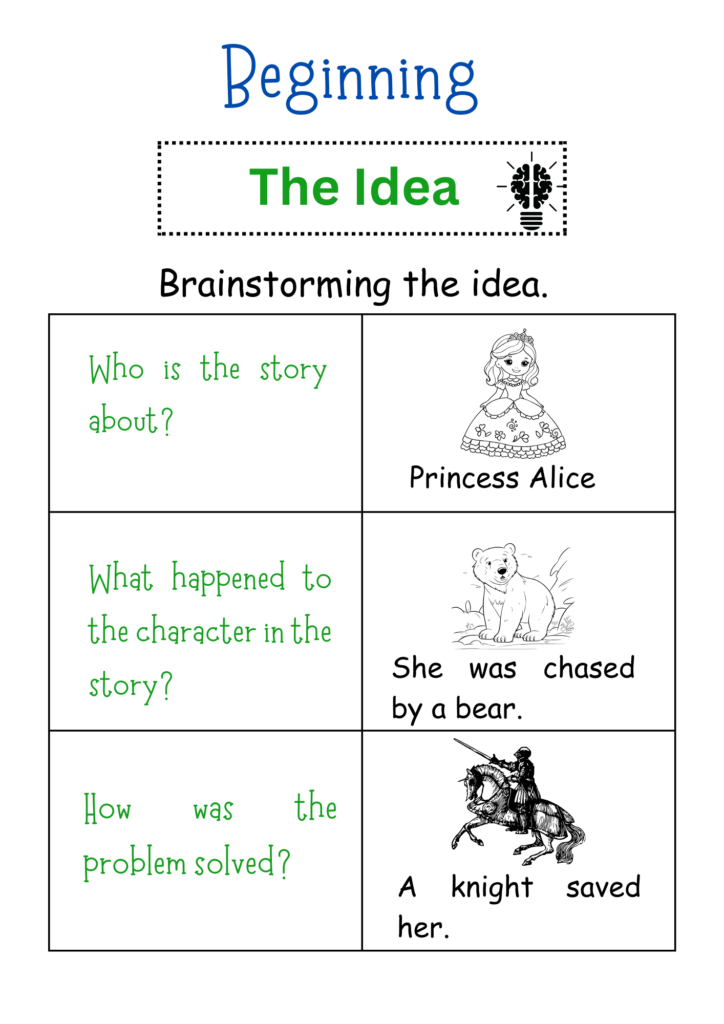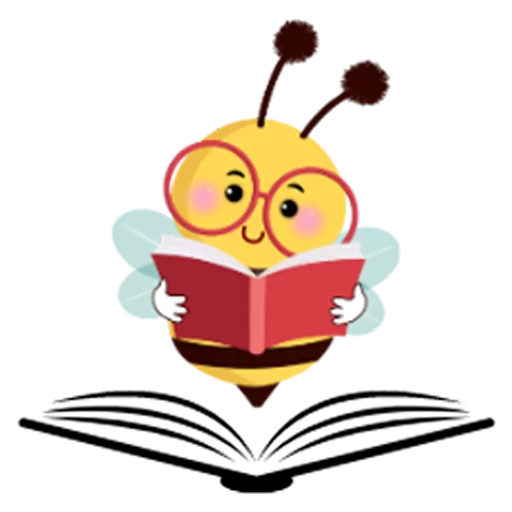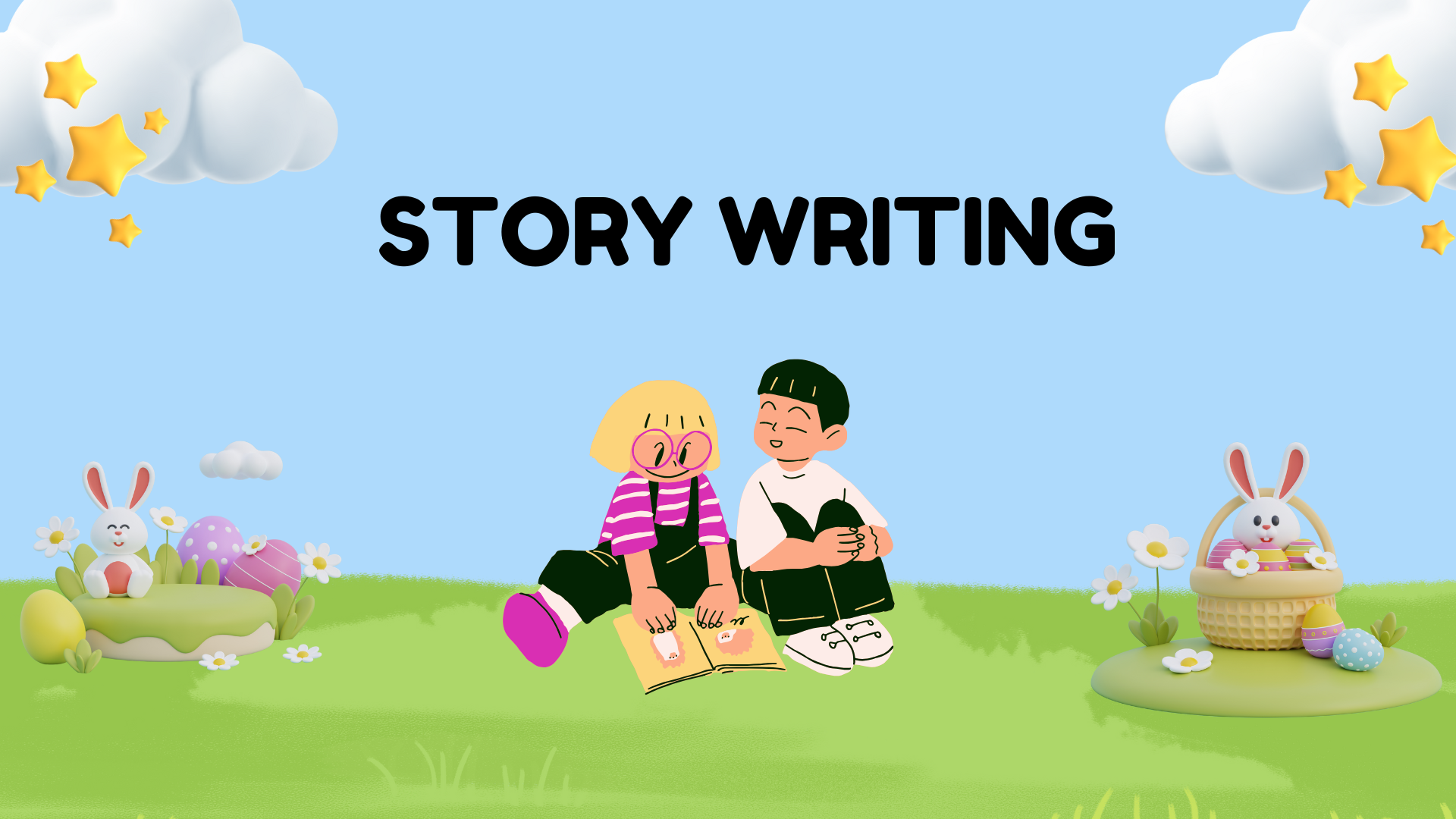Is your little one ready to become a super storyteller?
Unleash their imagination with our 35-page Story Writing Worksheet, designed especially for kindergarten writers! Our worksheets are printable in PDF format.
What is a story?
A story is a fun adventure told with words. It has characters, people, or animals doing things and something happens to them.
What is fiction?
Fiction is like a made-up story. It’s not necessarily true, but it can be fun and exciting.
The Difference Between A Fiction And A True Statement
Fiction stories are made up, not factual. Let’s compare a true sentence with a fictional one.
Truth: The ladybug has a black and red back.
Fiction: The ladybug touched the magic key.

We can find stories in:
- Books
- Plays
- Movies
The Three Magic Parts of a Story:
Just like a puzzle needs all its pieces to make a complete picture, a story has parts that fit together:

- The Beginning (The Start of the Adventure): This is where we meet the characters (who are in the story) and find out the setting (where the story happens).
- Example: “Once upon a time, there was a little bunny named Flopsy who lived in a cozy burrow under a big oak tree.”
- The Middle (The Exciting Part): This is where the adventure happens. We learn what the characters do and what problems they face.
- Example: “One day, Flopsy decided to go on a big adventure to find the tastiest carrots in the whole forest. But then, he got lost!”
- The Ending (How it All Turns Out): This is where we find out how the story ends. Did the characters solve their problem? Did they learn a lesson?
- Example: “Luckily, Flopsy met a friendly squirrel who helped him find his way home, and he found a whole patch of yummy carrots!”
Choosing a Story Topic:
How do we help kindergarteners find something to write about? Here are some simple ideas:
- Think about their favorite things: Do they love dinosaurs, animals, or superheroes?
- Use their experiences: Did they go to the park, visit the zoo, or have a fun playdate?
- Look at pictures: Show them colorful pictures of animals, places, or people. This sparks their imagination.
- Ask “What if?” questions: “What if you could fly? What if your toys could talk?”
- Use simple prompts: “Write a story about a lost puppy,” or “Tell me about your favorite toy’s adventure.”
- Brainstorm together: Draw a simple chart with character, setting, and problem to help them plan.

Tips for Guiding Young Writers:
- Please keep it simple: Encourage short sentences and easy words.
- Focus on drawing: Let them draw pictures to tell their story.
- Use oral storytelling: Have them tell their story out loud before writing it down.
- Make it fun: Use puppets, props, and silly voices to engage them.
- Celebrate their efforts: Encourage and praise their creativity.
By providing a supportive and playful environment, we can help kindergarteners discover the joy of storytelling and build a strong foundation for future writing success.


